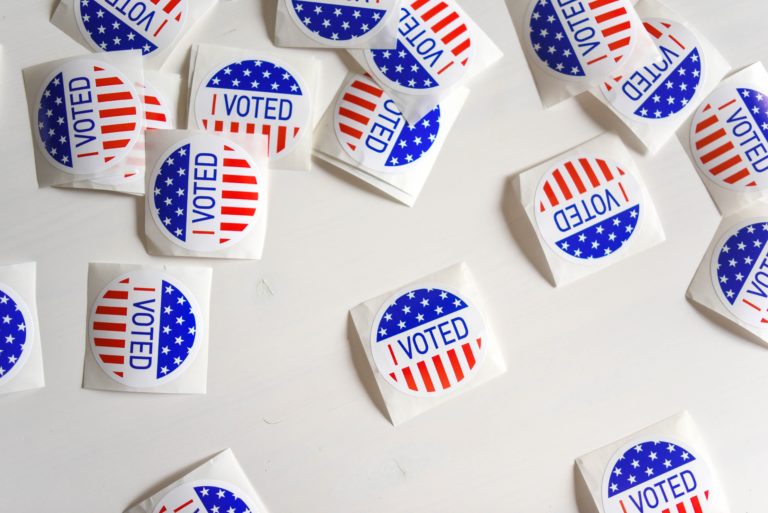Do you have one of the following goals? Run for office Recruit women to…
Women Running for Executive Office Are Ready, Willing & Electable

2018 was heralded as a “Year of the Woman,” with a record number of women elected to Congress and many historic firsts for individual women candidates. One record we didn’t break: the number of women serving as governor of their state. The number of women who are governor today ties a previous high first set in 2004 – before the iPhone came out, before Twitter was founded, and before Netflix launched its streaming service. So much has changed since 2004, so why aren’t we seeing progress with electing women governors?
For 20 years, the Barbara Lee Family Foundation has consistently found that voters have been more comfortable supporting women who are running to be part of a deliberative body, like a legislature, than women who are running for executive positions, like governor. We just released the largest research project in the history of the Barbara Lee Family Foundation to comprehensively examine what it takes for a woman to prove to voters she is ready to serve in executive office.
We know that gender isn’t the only factor that impacts voters’ views: women of color and LGBTQ women face additional barriers to executive office. We ask about hypothetical Asian American, Black, Latina, lesbian and white women candidates of the two major political parties, and conducted our research in collaboration with APIAVote and the Asian Pacific American Institute for Congressional Studies; Higher Heights Leadership Fund; the Victory Institute, and Voto Latino. Here’s what we found:
- All of the hypothetical women candidates we tested either win or tie their head-to-head ballots against a straight white man of the opposite party. And no matter the woman candidate they were asked about, a majority of voters say that candidate would represent their community well.
- But women still face barriers and double standards on the campaign trail. Although voters acknowledge that women are held to a different and higher standard when it comes to qualifications and likeability, they still participate in those double standards.
- Voters want action-oriented candidates. Across profiles tested, voters think it’s important for a woman to “handle a crisis” and “get results,” in order to be elected to executive office.
Here at Gender on the Ballot, we’ve talked a lot about electability and its coded relationship with sexism. This research shows that the idea that men are more electable than women (and women of color and lesbian candidates) is a myth. On the brink of the centennial of women’s suffrage in the United States with a record number of women running for president, it is a timely reminder that, despite pundits who might suggest otherwise, women are electable to executive office. And that is good news for everyone.






